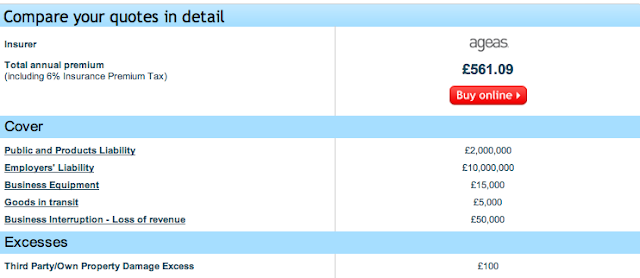Whilst pulling my hair out on search engines to find an accountant based in West Yorkshire who specialises in the design industry... John came up with a pretty simple but effective solution... ring up design studios around Leeds, ask to talk to their account team... and then ask for recommendations.
So far I have rung up B&W design who said that their accountant is nowhere near West Yorkshire (which was interesting) and have e-mailed Vikki at Turnkey Design.
I then contacted the Director of Analogue Design in Leeds... after a slightly awkward conversation he gave me a recommendation.
A good one.
A good one.
So we have decided on an accountant firm called Thomas Coombs & Son based in Leeds.
Business Start-Up
 Most people who start up in business do so because they have a good business proposition. We can help by evaluating your ideas and helping you develop them into a viable business.
Most people who start up in business do so because they have a good business proposition. We can help by evaluating your ideas and helping you develop them into a viable business.We will help you:
- decide on the most suitable structure for your business (i.e. sole trader, partnership, limited liability partnership or limited company)
- prepare a business plan, cash flow projections, budgets and trading forecasts
- assess your finance requirements and advise on the most appropriate source of financ
- help you establish relationships with banks and solicitors and any other necessary professional advisers
- carry out registration procedures with Companies House and H M Revenue & Customs
- set up an internal accounting system








